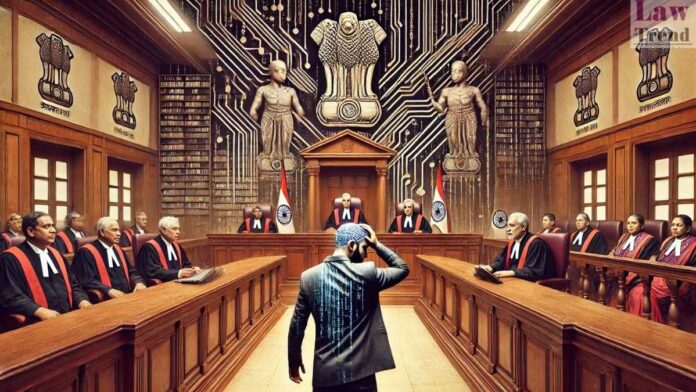In a pivotal decision, the Delhi High Court has issued clear directives to curb the unauthorized representation of parties in Consumer Courts by non-Advocates. Highlighting the erosion of professional ethics and procedural integrity caused by such practices, the Court observed that delegating core legal duties to individuals unqualified under the Advocates Act, 1961, compromises the




